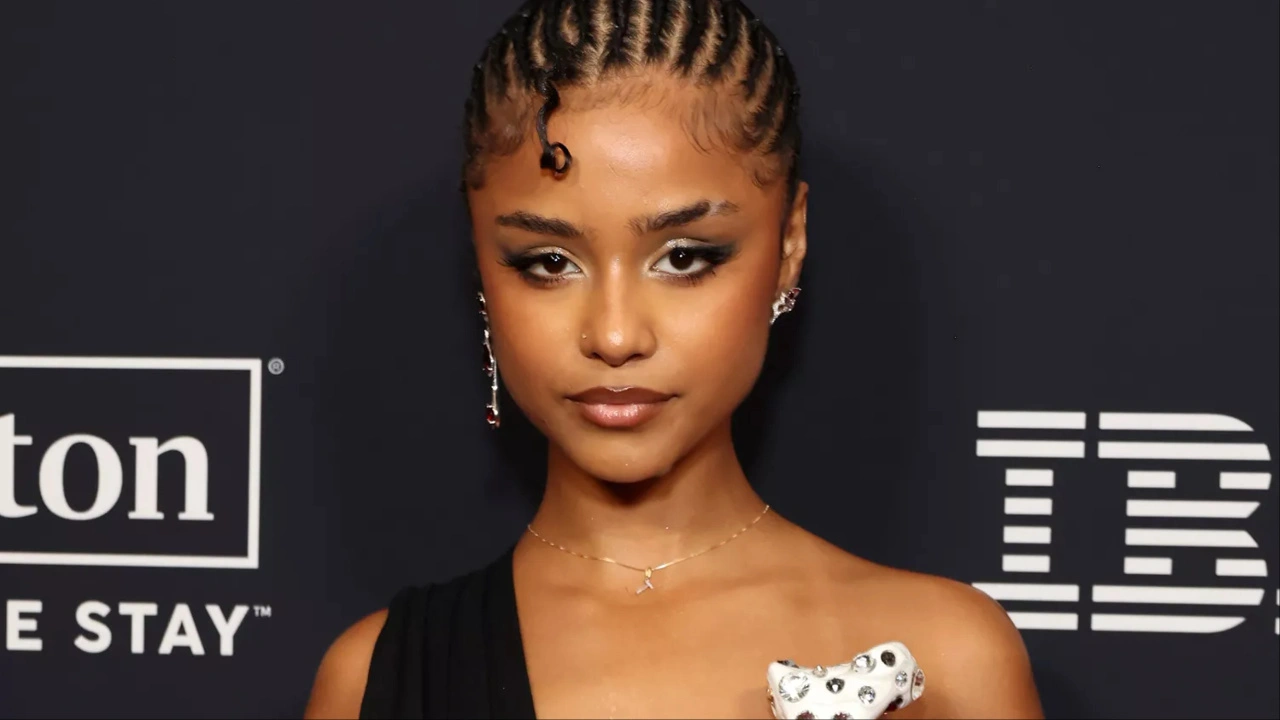Tyla Sets the Record Straight on Her Racial Identity Amid Controversy
In a recent interview on The Breakfast Club, acclaimed South African musician Tyla found herself at the centre of a debate around her racial identity. The 22-year-old artist, who has previously described herself as “Coloured,” was pressed to explain the meaning behind this term, leading to an awkward moment on the show.
Tyla Reveals Her Racial Identity Amid Controversy
In a statement on Twitter, she explained that she is of mixed heritage, with Zulu, Mauritian, Indian, and Irish ancestry. In South Africa, where Tyla was born and raised, she would be classified as a “Coloured” person, a social category used during the apartheid era to differentiate between Black and white individuals.
However, Tyla clarified that in other parts of the world, she would be considered a Black woman.
“Never denied my Blackness, idk where that came from,” she wrote. “I’m mixed with Black/Zulu, Irish, Mauritian/Indian, and Coloured. In Southa I would be classified as a Coloured woman and other places I would be classified as a Black woman. Race is classified differently in different parts of the world.”
Also read: Blac Chyna’s Mom Says Tyla Won A Grammy Because She’s An Industry Plant
Understanding the Term “Coloured”
In America, “colored” (without the “u”) is an outdated and pejorative term for Black people, leading to some confusion. However, in South Africa, “Coloured” is a distinct social category dating back to the apartheid era (1950-1991), used to differentiate between Black and white people.
Also read: Pictures of Grammy Award-winning Singer Tyla In The Bathroom Set Social Media Ablaze
Tyla’s Past Explanation and Answer on if She’s Black
Tyla’s self-identification as “Coloured” sparked controversy, particularly among some American viewers who are unfamiliar with the nuances of racial classification in South Africa. In the past, Tyla has addressed this issue, explaining that her mixed heritage and the way she is perceived in her home country do not negate her Blackness.
“When people are like, ‘You’re denying your Blackness,’ it’s not that at all. I never said I am not Black. It’s just that I grew up as a South African knowing myself as Coloured. And now that I’m exposed to more things, it has made me other things too. I’m also mixed-race. I’m also Black. I know people like finding a definition for things, but it’s ‘and,’ not ‘or.'”
